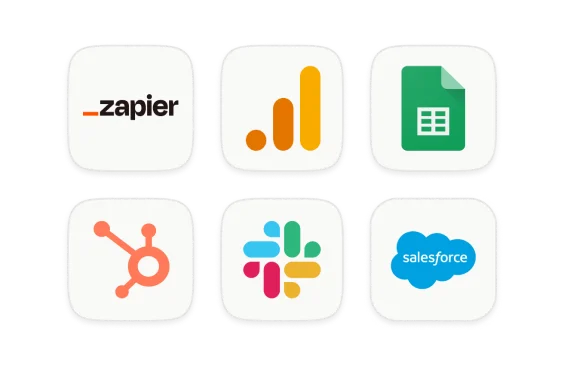Schedule Calendly meetings with people in different time zones
Create forms with multiple Calendly questions, and use the power of Logic to qualify leads.
Let’s look at an example where a form lets respondents book Calendly appointments with people in different time zones, using Logic to show them the right calendar.
Here’s how to get started:
1. First, add some basic questions asking for contact details.
You can make these questions required if you don’t want people to skip them.
2. Then add a qualifying question asking about your potential customers’ budget.
You can later use this question to segment your audience. People with a lower budget will receive communication by email, while people with a higher budget can set up a meeting with a sales representative.
3. Now, let’s ask our respondents about their location.
You can add Logic to this question later to show people a Calendly calendar based on their location.
4. Create a Calendly question for each location.
You can read more about creating a Calendly question here.
You can make these questions required, or use Autofill recall info to send contact information collected in the form to the Calendly invite.
5. Next, let’s add some Logic to the budget question.
Based on this, people who have a higher budget will move on to the next question to schedule a meeting with a sales rep. People with a lower budget will be taken to an Ending screen.
6. Add the following Logic to the location question:
People who select Europe will see the calendar of the European sales representative, and people who select the US will see the calendar of the US sales representative.
That’s it! You’ve just created a form that you can use to acquire leads, while keeping in mind the best use of your customers’ and colleagues’ time.


